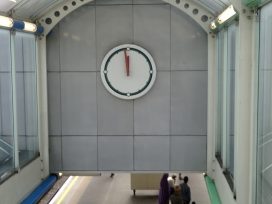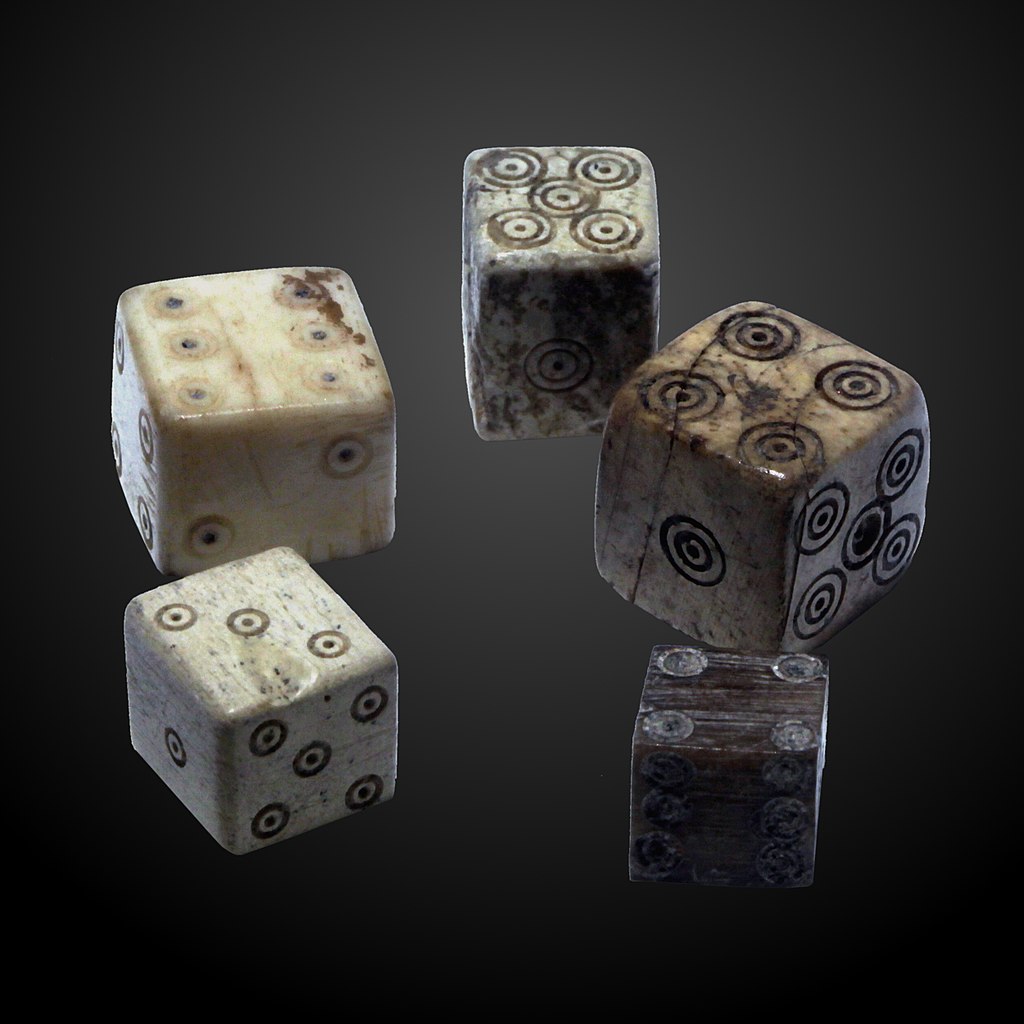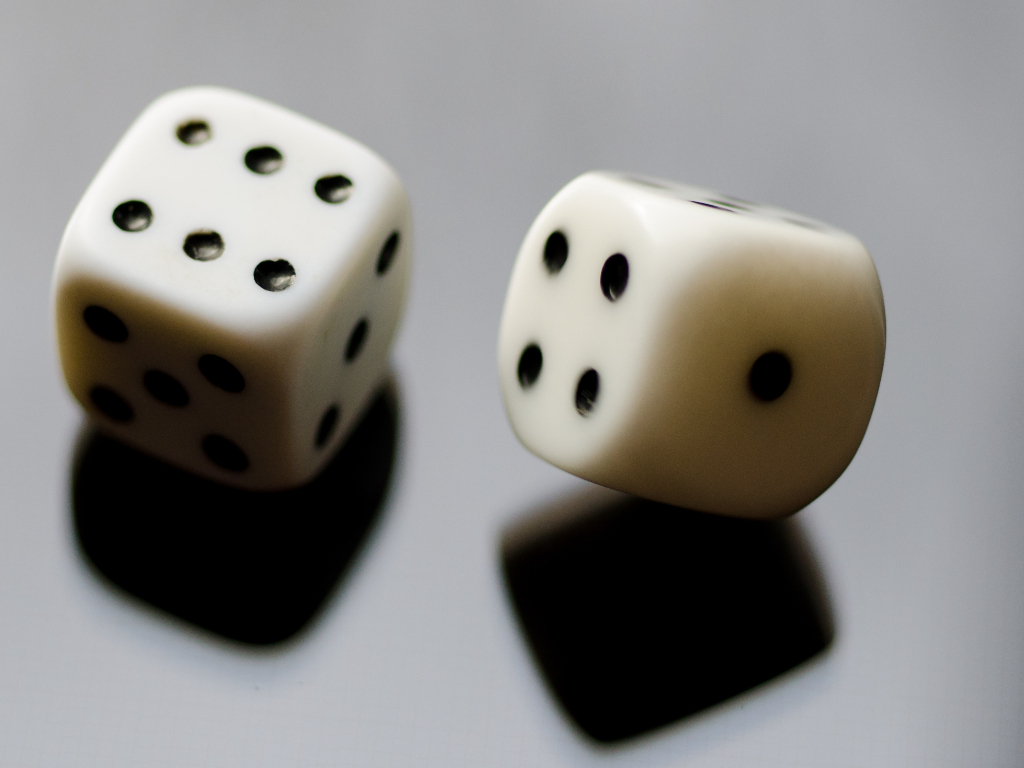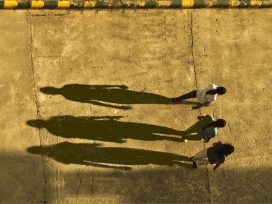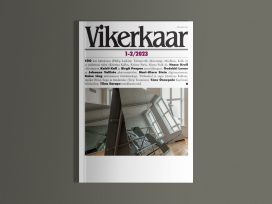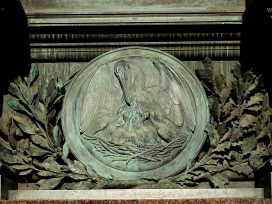Time flies. We are caught in a loop with no respite. Our senses are constantly harassed by an inexhaustible stream of ever more demanding sounds and images that stimulate our desires and fears. Our attention, fragmented across different undertakings, engagements and conversations, explodes into a multitude of incompatible actions. Besides incoherence and frustration, the result is also an unshakeable sensation of being short of time.
Lockdowns during the pandemic exacerbated this feeling, creating an imbalance between work time and leisure time. For some, remote working dramatically increased the overall amount of time spent at work, while others enjoyed long periods of suspended employment and unprecedented amounts of free time.
For the former, not physically commuting to work made the boundary that normally separates professional and private spheres more porous. The ability to work from home creates an illusion of freedom that thrives at the expense of leisure. In fact, time devoted to work has continued to increase, with workers able to complete online tasks at any time of the day or night. Work’s vampirization of time mirrors a change that has been underway for several decades. Widespread digitalization has made work more efficient, but it has also led to the belief that the pace of work can be endlessly accelerated.
Things were very different for those who lost their jobs due to the pandemic. The need to organize unexpected leisure time fruitfully was all the more taxing when managed in cramped and crowded accommodation. The proliferation of time off revealed how much we struggle to make our free time productive, to use it as a real opportunity for personal growth, to improve ourselves, to progress, to gain clarity. This confirmed a phenomenon of which we are all aware: as a society, we see leisure time as inferior to work time. It is the time left over once the important things have been dealt with – above all once our income has been secured.
Seen as optional, secondary, superfluous time, leisure is only valued if it is entertaining, if it distracts us from ourselves, if it is a simple rest allowing us to recover our strength so we can get back to work. In its current form, therefore, leisure is hardly up to the task of accommodating our existential concerns.
Meaningful leisure
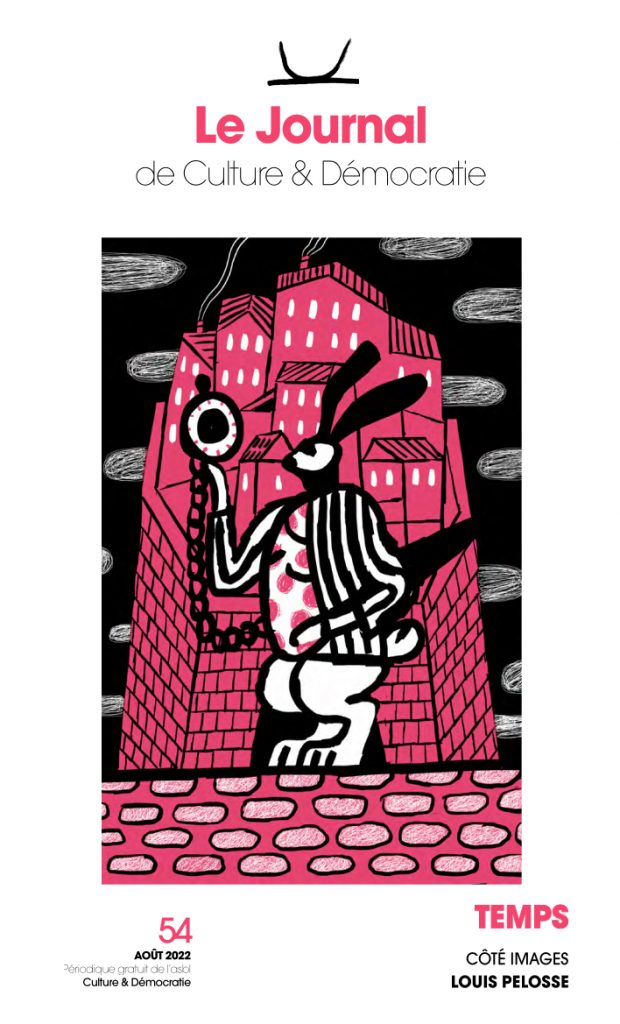
This article first appeared in Culture & Démocratie journal n. 54.
Yet the desire to find the meaning in our lives was reenforced during the pandemic. Long, anxious hours were given to understanding events and what they meant for us. But rather than putting free time to good use and learning, studying, gaining skills and clarity, despondency led many to distracting activities. The aim was above all to forget what was happening, to somehow escape a demoralizing prospect. No doubt some people did manage to plan their unexpected leisure time carefully and even sometimes accomplish projects that would be unthinkable in normal times. But the majority found it impossible to organize their leisure as productively as work. Leisure, culturally equated with pleasure, relaxation and forgetfulness, does not seem to accommodate the effort needed to build autonomy.
Dominant work values
This idea, very recent in the overall history of work, is inseparable in France from the new social rights that emerged in the twentieth century, particularly after liberation. Legal guarantees of work and leisure time can serve as the foundation for a set of abilities, projects and secure prospects that contribute to the personal fulfilment of their beneficiaries.
But that model is now undergoing rapid transformation. It is as if time off is being swallowed up by its own strangeness, while the typical organization of work is reverting to its ordinary criteria, which are and have always been those of the commercial world. Speed, utility, profitability and material efficiency are once more the higher markers of a sphere dominated by the rarity of goods and the monopolization of profit by a tiny minority. Reduced to their accounting value, entire areas of the professional world have gradually lost the capacity to foster employee betterment, not to mention mental balance. Thinking and being fulfilled are the last things needed in certain jobs.
Precarity and bullshit jobs
Anthropologist David Graber sheds light on key aspects of this gradual commercialization of work. He shows how this evolution/regression leads inevitably to a professional world where any kind of existential quest is rendered almost impossible. What he calls ‘bullshit jobs’ refers to those that are literally ‘absurd’, in other words, devoid of sense. A bullshit job is ‘a form of paid employment that is so completely pointless, unnecessary or pernicious that even the employee cannot justify its existence even though, as part of the conditions of employment, the employee feels obliged to pretend that this is not the case’.
‘Job’ offers comprising micro tasks to be completed online are on the rise and are the most degrading aspect of this development. Normally associated with extreme precarity, these activities attract people so destitute that they are willing to sacrifice not only their free time but also the time needed to carry out essential tasks like eating and sleeping. All their time is vulnerable to being overtaken by work. Lives, barely worthy of the name, are completely vampirized by repetitive, meaningless micro tasks, which are no more than units of time sold to algorithms that are often the only point of contact for these unfortunate employees.
Twenty-first century slavery
Life conditions resembling those of slavery are developing right before our eyes due to the inhumane tendencies of an unfettered economy. Bizarrely, this alienation seems to occur with the victims’ consent. The excesses of the nineteenth century’s nascent industrialization created relatively consensual slavery situations, but at least those assaults on human dignity were visible and spectacularly shocking, eventually leading to increased political awareness and radical reforms. Things are entirely different nowadays, when everything is shrouded in the silence of desocialized lives and survival depends on having time to sell.
Faced with this kind of excess, it is impossible not to think of the ‘right to withdraw labour’ to which the French Labour Code entitles employees in the event of ‘grave and imminent danger to the employee’s life or health’. Originally intended for hazardous situations, this right should also be applicable during the ordinary course of life.
Ancient Greek downtime and Roman productivity
By updating the question of how we use free time, lockdown opened a gap in the flow. Sitting down, breathing, reflecting on recent events, switching off, stepping back for a while to get better, understanding – all seemed healthy goals.
In Antiquity ‘productive withdrawal’ was seen as the peak of human existence. The Greek skholḗ and the Latin otium refer to the possibility of devoting oneself to thought while being free of all spiritual and material bounds. It is truly ‘free’ time in the sense that it refers to the optimum level of independence, detachment and duration required for the human mind to be able to satisfy its legitimate aspiration for fulfilment: to think, to learn, to give meaning, to develop a set of morals, to research wisdom or truth – in short, to discover one’s own reasons for existing, exsistere.
As Pierre Bourdieu writes, skholḗ is ‘the free time, freed from the urgencies of the world, that allows a free and liberated relation to those urgencies and to the world’. It is the time needed for the self. Not an egotistical or narcissistic process but a desire to equip oneself with interiority and the necessary tools for rational consciousness: the inner forum, free will, judgement, taste.
Michel Foucault writes that ‘the precept “to be concerned with oneself” was, for the Greeks, one of the main principles of cities, one of the main rules for social and personal conduct and for the art of life’. In fifth-century Greece, humankind was ‘the measure of all things’ (Protagoras). Human intelligence seemed to be the only foundation of reality. For the first time in history, an understanding of the real and the quest for wisdom and truth were no longer reducible to religion or tradition but rested solely on reason and the freedom to think freely – in other words, as Hannah Arendt articulates, the freedom to make a ‘habit of examining and reflecting upon whatever happens to come to pass, regardless of specific content and quite independent of results’.
This ability is entirely dependent on the efforts of human intelligence and the skholḗ at its disposal. For Greek society, therefore, far from being an inessential luxury, ‘productive withdrawal’ was the most precious part of life, both for individual accomplishment and the fate of the polis. The ability to think for oneself enabled by ‘productive withdrawal’ was considered one of the conditions for assuming one’s existential vocation and rejecting servitude.
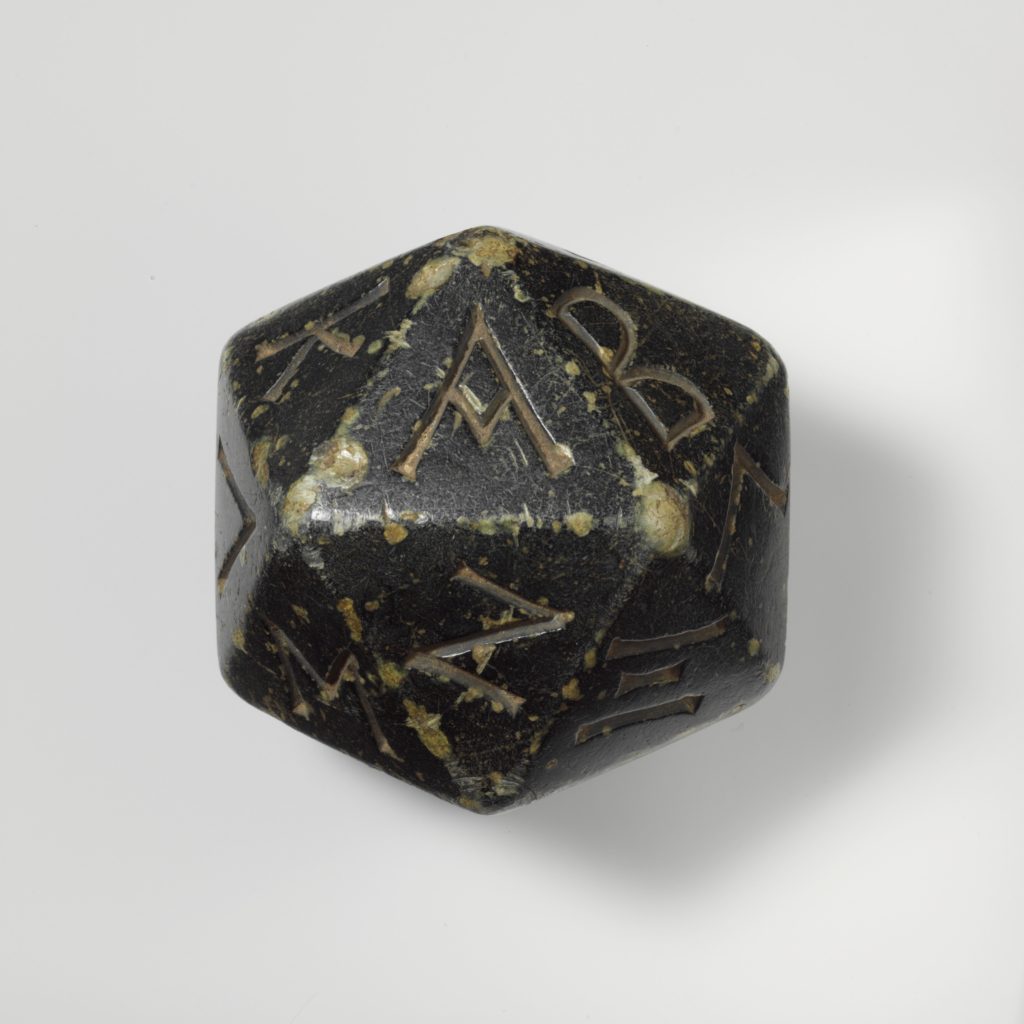
Greenstone polyhedron inscribed with letters of the Greek alphabet, Metropolitan Museum of Art, New York. Image via Picryl
Of course, like everywhere in the ancient world, Greek society was unequal and skholḗ was generally reserved for citizens – in other words, free men. However, in considering reason and wisdom as a universal foundation, Greek thought laid the groundwork for a process that would eventually lead to intelligence being seen as a human right. It was the Greeks who first attributed an existential dignity to ‘productive withdrawal’ and, therefore, leisure time.
This heightened significance did not escape the Romans when they transformed skholḗ into otium. However, speculative thinking was nevertheless seen as inferior to utilitarian activities that yielded verifiable returns. Completely at odds with the Greek mindset, this materialistic Roman attitude led to the devaluation of ‘productive withdrawal’ as the condition for wisdom. Despite its rediscovery in the Renaissance and then the Enlightenment, when Condorcet placed it at the centre of his educational project, otium was consistently seen as less valuable than work. This reinterpretation of skholḗ by Roman culture has persisted to the present day. Priority is always given to work that ensures material independence.
Otium’s return
Nevertheless, the ongoing commercialization of the professional world over the last few decades raises a question about this dogma. Since the pandemic, many are convinced that personal fulfilment and the quest for clarity no longer necessarily require professional commitment. Many young working people are deciding to look outside of work for reasons to get up in the morning and give a sense of meaning in their lives.
The moment seems to have come to reclaim the existential power contained in our ‘free’ time. This rediscovery could be a source of political resistance. If society does not see ‘productive withdrawal’ as worthwhile, it is because it costs nothing and fosters detachment from the mainstream – two goals that conflict with the commercial world, which dominates many societal spheres.
Commercialism imposes itself in sectors where it should never have been allowed and where its harmful impact is clear: education, culture, health, the environment. Every day brings fresh evidence that these spheres cannot be surrendered to business without damaging their integrity. This is what we unconsciously mean when we say that health, culture or education are ‘non-negotiable’. Simply put, we lack the necessary concepts to understand that the devaluation of free time also entails the devaluation of the life conditions that are essential for thinking authentically about reality.
Although the word otium itself has disappeared from our vocabulary, the universal need it identified is now returning with unprecedented urgency. The massive commercialization of work and the growth of the attention economy have turned the life of consciousness, which for Ancient Greeks was the foundation of all freedom and rationality, into a market value. No longer content with simply negating otium, the business world has transformed it into a negotiable commodity. The mass sell-off of our ‘available brain time’ to advertisers on big Internet platforms has become one of the most profitable businesses in history. Evaporating before the thousands of screens dedicated to capturing it, time loses its value and we find ourselves willing to hand it over unreservedly to all kinds of speculators.
The fight for a universal right to otium could help us reverse this dive into the abyss. Time, as Seneca said, is indeed ‘our only true possession’, and a productive use of time is the only way to avoid servitude. Long considered an aristocratic privilege, otium should be seen for what it really is: a human right that could enable all of us to become the protagonists of our own lives.
The questions addressed in this article are further developed in the book Otium. Art, éducation, démocratie (Actes Sud, 2020).
